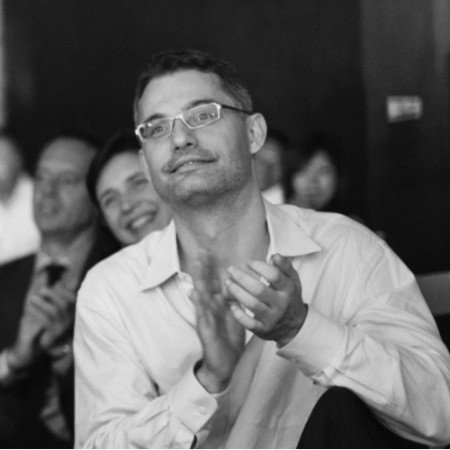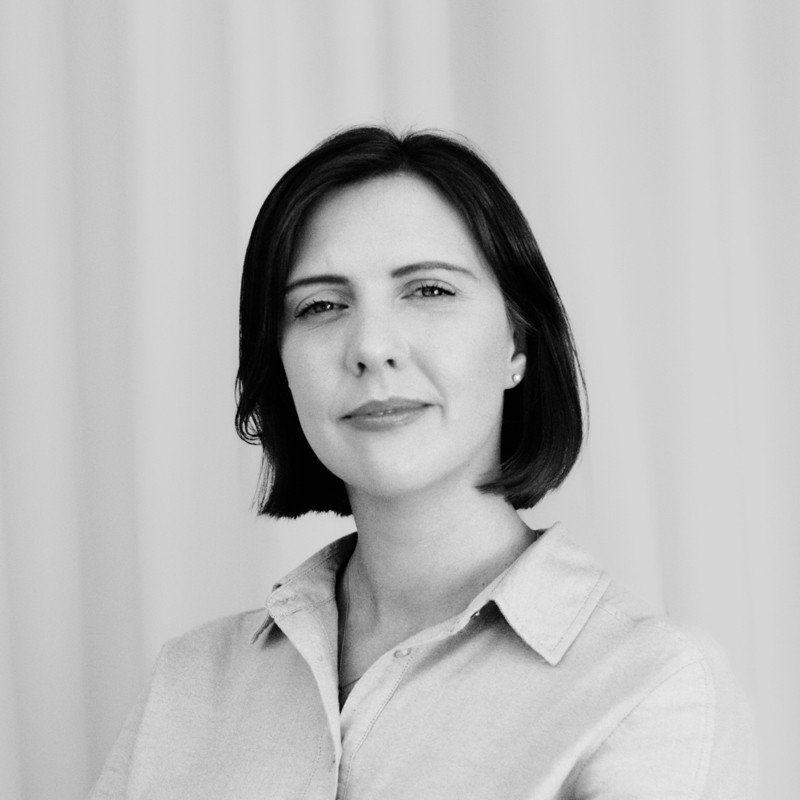-

Professor Tim Rocktäschel
Senior Staff Research Scientist & Professor of AI (Google DeepMind & UCL)
I am a Senior Staff Research Scientist and the Open-Endedness Team Lead at Google DeepMind. I am also a Professor of Artificial Intelligence at the Centre for Artificial Intelligence in the Department of Computer Science at University College London (UCL) where I am PI of the UCL Deciding, Acting, and Reasoning with Knowledge (DARK) Lab, and a Fellow of the European Laboratory for Learning and Intelligent Systems (ELLIS). Before, I was a Manager, Research Scientist, and Area Lead at Meta AI (FAIR), a Postdoctoral Researcher in Reinforcement Learning at the Whiteson Research Lab at the University of Oxford, a Junior Research Fellow in Computer Science at Jesus College, and a Stipendiary Lecturer in Computer Science at Hertford College. I obtained my Ph.D. from UCL under the supervision of Sebastian Riedel, where I was awarded a Microsoft Research Ph.D. Scholarship in 2013 and a Google Ph.D. Fellowship in 2017. My work focuses on Artificial General Intelligence, Open-Endedness, and Self-Improvement, and has received Best Paper Awards at ICML.
-

Professor Claudia Clopath
Principal Investigator (Imperial)
Claudia Clopath is a Professor of Computational Neuroscience at Imperial College London and research leader at the Sainsbury Wellcome Centre for Neural Circuits and Behaviour. She develops mathematical models to predict synaptic plasticity for both medical applications and the design of human-like machines.
-

Professor Karl Friston
Scientific Director (UCL & Verses AI)
Karl Friston is a theoretical neuroscientist and authority on brain imaging. He invented statistical parametric mapping (SPM), voxel-based morphometry (VBM) and dynamic causal modelling (DCM). These contributions were motivated by schizophrenia research and theoretical studies of value-learning, formulated as the dysconnection hypothesis of schizophrenia. Mathematical contributions include variational Laplacian procedures and generalized filtering for hierarchical Bayesian model inversion. Friston currently works on models of functional integration in the human brain and the principles that underlie neuronal interactions. His main contribution to theoretical neurobiology is a free-energy principle for action and perception (active inference). Friston received the first Young Investigators Award in Human Brain Mapping (1996) and was elected a Fellow of the Academy of Medical Sciences (1999). In 2000 he was President of the international Organization of Human Brain Mapping. In 2003 he was awarded the Minerva Golden Brain Award and was elected a Fellow of the Royal Society in 2006. In 2008 he received a Medal, College de France and an Honorary Doctorate from the University of York in 2011. He became of Fellow of the Royal Society of Biology in 2012, received the Weldon Memorial prize and Medal in 2013 for contributions to mathematical biology and was elected as a member of EMBO (excellence in the life sciences) in 2014 and the Academia Europaea in (2015). He was the 2016 recipient of the Charles Branch Award for unparalleled breakthroughs in Brain Research and the Glass Brain Award, a lifetime achievement award in the field of human brain mapping. He holds Honorary Doctorates from the Universities of York, Zurich and Radboud University.
-

Dr Katja Hofmann
Senior Principal Researcher (Microsoft)
I am a Senior Principal Researcher at Microsoft Research(opens in new tab) (based in Cambridge, UK) where I lead the Game Intelligence(opens in new tab) team that focuses on machine learning research with a focus on video games. Our north star is to unlock genuine human-AI collaboration by driving deep research insights and demonstrating new AI capabilities in data-rich game environments. My long-term goal is to develop AI systems that learn to collaborate with people, to empower their users and help solve complex real-world problems.
My team and I are part of LEAP(opens in new tab) (Language, Learning, Audio and Privacy). We actively collaborate with teams across Microsoft Research and other parts of Microsoft.
I served as Senior Program Chair (ICLR 2021) and General Chair (ICLR 2022) of the International Conference on Learning Representations (ICLR(opens in new tab)) and continue to serve on the conference board, since 2024 as Secretary of the board.
-

Dr Martin Riedmiller
Research Director (Google DeepMind)
-

Dr Feryal Behbahani
Staff Research Scientist
Google DeepMind
-

Professor Carmine Ventre
Director
King's Institute for AI
-

Professor David Berman
Head of AI
Cambridge Consultants
-

Dr Elena Gribovskaya
Research Scientist
Google DeepMind
-

Dr Jakob Foerster
Associate Professor
Oxford & Meta-FAIR
-

Dr David Balduzzi
Machine Learning Researcher
XTX Markets
-

Carina Namih
Board Member
Alan Turing Institute
-

Katie Collins
PhD Student
Cambridge & Alan Turing Institute
-

Dr Jakob Mökander
Director of Science & Tech Policy
Tony Blair Institute for Global Change
-

Isabel Thompson
Product Leader
Advanced Research + Invention Agency